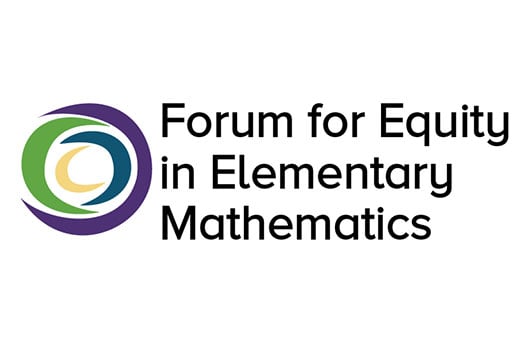
STEM Activities, Curriculums, and Resources
We hope you enjoy these hands-on educational activities that your students are sure to love. Feel confident knowing these curriculums and activities are developed by STEM content experts and funded by the National Science Foundation.
Want to learn more about TERC?
Early Education Engineering:

Head Start on Engineering
Head Start on Engineering is a bilingual, family-centered program designed to engage preschool children and their parents and caregivers in the engineering process. The program focuses on the engineering design process, rather than the field of engineering, as a topic and skill that is highly relevant to the everyday lives of families, helps make engineering feel approachable, and easily connects to early childhood play and learning practices.
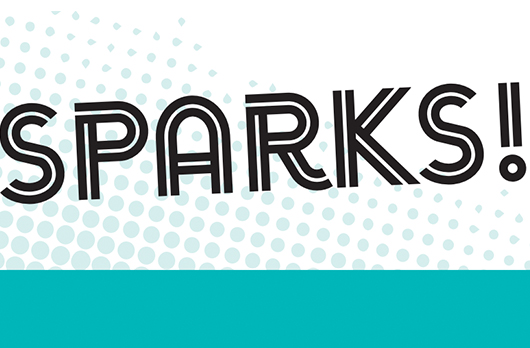
SPARKS
The Head Start on Engineering project has recently introduced a new type of resource for families and teachers: Sparks!. These bilingual (Spanish and English) activity ideas are a fun and easy way for families to learn together at home that support preschool-age children’s development and spark family engagement with engineering design.
Early Education Math:
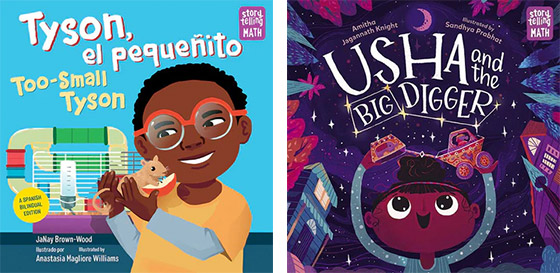
Storytelling Math Books
Storytelling Math Books show that all children can be mathematical thinkers. Stories feature children of color using math as they play, build, and discover the world around them. Each book offers free activities, author chats, webinars to help explore the concepts further.
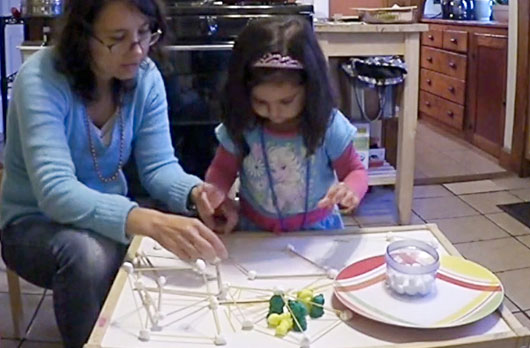
Make Connections: You and Me and Math
Make Connections is a collaboration with the YMCA of Silicon Valley that offers adults a fun and easy way to help young children (ages 0-5) build math skills through eleven curriculum units that align with common early childhood themes. Each unite includes activities for ages 2 and up with at-home variations, as well as activities for children under 2 to use in programs or at home.

Mixing in Math
Materials to help mix math into everything children do—from playing games to building towers to telling stories to catching up on chores. MiM materials consist of a large bank of activities, games, and projects for ages 2-12 in English and Spanish.
Elementary Science:
Evolving Minds
Evolving Minds teaches evolution by natural selection in 3rd grade classrooms. Elementary school teachers can request for free the research-based book about natural selection, How the Piloses Evolved Skinny Noses. Teachers can also download classroom simulation activity guides, materials, adaptation worksheets, and an assessment packet.
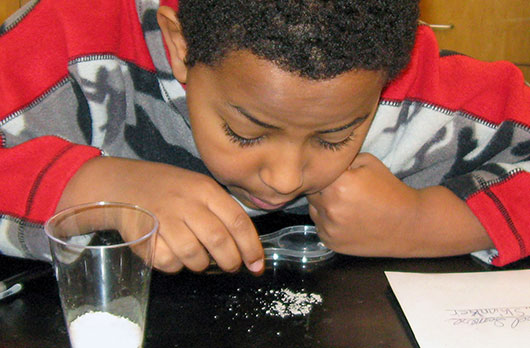
Inquiry Project
The Inquiry Project takes a unique approach to the study of matter for grades 3–5. It brings together core ideas, scientific practices, and crosscutting concepts. The curriculum for each grade is built around a network of science concepts. These concepts are relevant to understanding matter and include ideas about material, weight, and volume. The Inquiry Project also includes the Talk Science professional development materials.
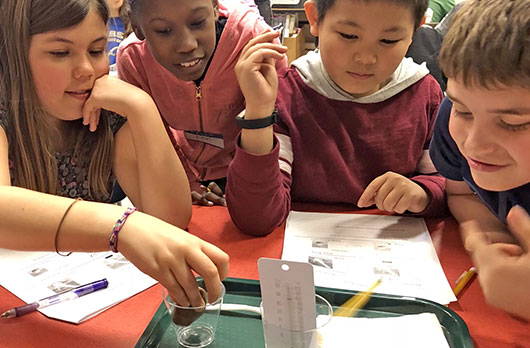
Focus on Energy
Focus on Energy uses an innovative approach to engage 4th through 5th grade students in learning about energy. The curriculum is comprised of a sequence of firsthand investigations including motion, elastic, thermal, and electrical energy. Each investigation is framed by an investigation question, followed by hands-on activities.
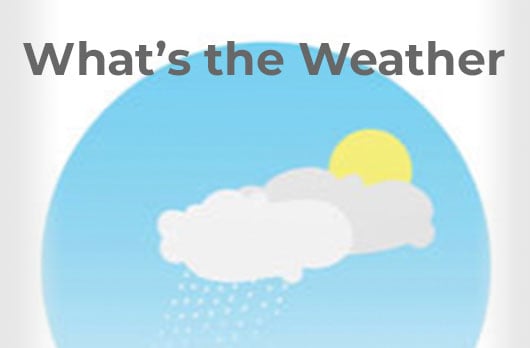
What's the Weather
What’s the Weather consists of six chapters that are designed to supplement grades 3-5 core science curriculum. It encourages students to build ideas of science content and process through hands-on and online investigation of the weather in their location. Students collect data about moisture (humidity, cloud cover, and precipitation), air temperature, wind, and air pressure.
Elementary Math:
MPACT
MPACT provides opportunities for students in grades 4 through 7 to engage in computational thinking, spatial reasoning, and mathematical concepts through design and hands-on making projects. MPACT addresses key topics in most state standards for math and national standards for computer science. Students learn concepts and solve problems with real objects they can hold in their hands, not just with words and diagrams on paper. Available for use and adaptation for non-commercial purposes, with a Creative Commons license.

Investigations
Math at Home
Math at Home is a collection of K-5 activities that families can do together. A new set of activities in English and Spanish will be released every few days!
Investigations 3 Games Online
The Games Center contains online versions of many of the Investigations 3 games. It can be accessed in English and Spanish.
Math Words and Ideas from Investigations 3
Math Words and Ideas provides a clear, interactive review of different concepts. Many include an animation; all include a “Try It” activity. The MWI can be accessed in English or Spanish.
Forum for Equity in Elementary Mathematics
A place for educators to reflect on and discuss equity, access, identity, and agency in the elementary mathematics classroom. The Forum provides resources, publications, and professional learning opportunities.
Middle School Science:
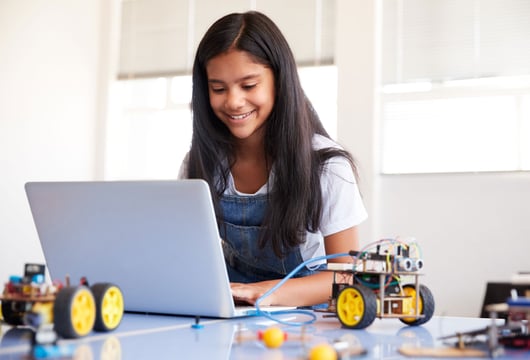
BioRobots
In BioRobots, middle school students explore how animals accomplish different tasks in the natural world, then apply what they learn to design and build their own biomimetic robots. Along the way, they gain experience in robotics and programming, while practicing computational thinking, scientific reasoning, and engineering design skills. The program includes a one-hour activity, a full curriculum, and a variety of supporting resources.
ExIST
ExiST helps middle school biology teachers make learning more engaging by integrating game design into their curriculum. Through professional development, teachers collaborate with students to create games using Scratch. Students take the lead as experts in coding and design while teachers provide content expertise. This approach not only strengthens systems thinking in biology but also builds students' confidence as creators and problem solvers.
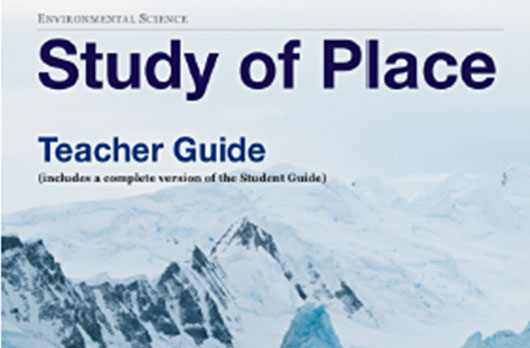
Study of Place
Study of Place is a collection of two environmental science modules (Antarctic Exploration and Currents Exploration) for middle schools that are approximately two-weeks-long.
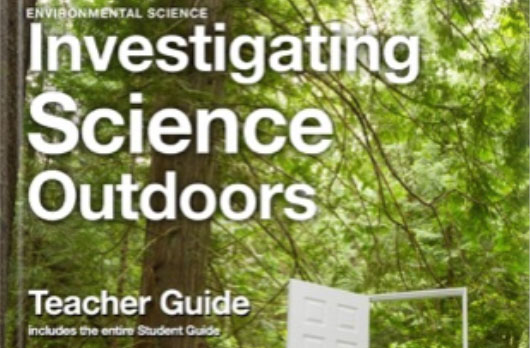
Investigating Science Outside
Investigating Science Outdoors is a supplementary science curriculum, for grades 7-9, that engages students in authentic explorations of a study site — a small piece of land near their school.
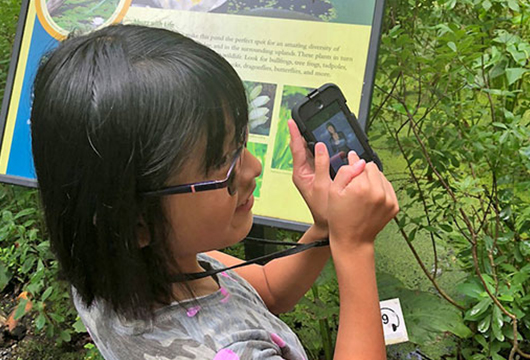
Signing Science Glossaries
Six signing glossaries provide visitors ages 5-12+ who are deaf or hard of hearing access to STEM vocabulary during visits to aquariums, botanical gardens, natural history museums, nature centers, science museums, and zoos.
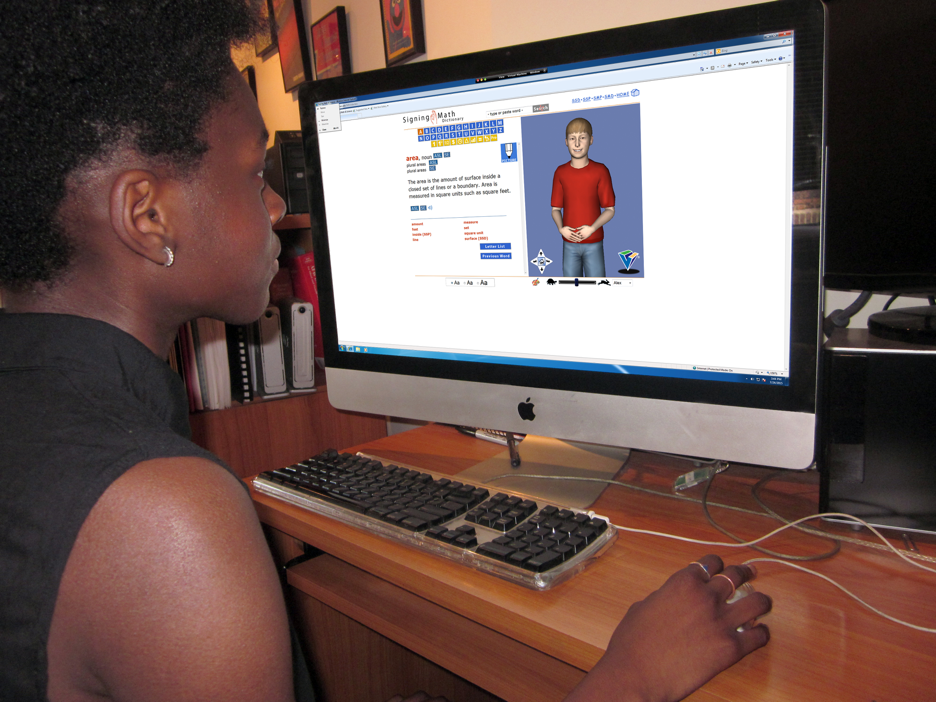
Signing Math and Science
Signing Math & Science uses SigningAvatar® assistive technology to develop illustrated, interactive 3D standards-based sign language dictionaries that offer students in grades K-8 and 9-12 who are deaf and hard of hearing increased access to the same learning opportunities that hearing students enjoy.
Middle School Math:
Data Clubs
Data Clubs believes that middle school learners can and should know how to interpret data to make decisions and manipulate data to answer their own questions. Three modules engage them with “big” data—large data sets collected by government agencies, research institutes and international collaborations — curated by the Data Clubs team. The modules give students simple tools for visualizing and analyzing data on topics they care about.
High School Science:
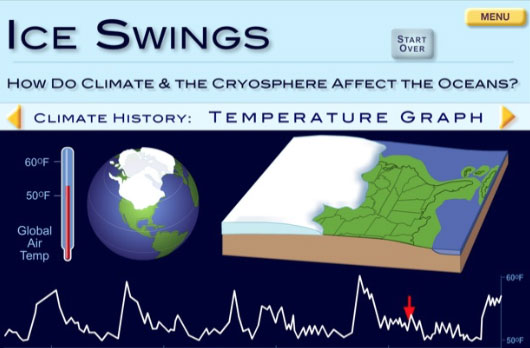
EarthLabs
EarthLabs is a set of high school earth science modules that incorporate hands-on activities, data collection and analysis, and interactive visualizations to engage students in an exploration of the earth system. The units offer both student and teacher handbooks.

CLEAN
CLEAN is a high-quality and rigorously reviewed collection of climate and energy education resources aligned with the Climate Literacy and the Energy Literacy frameworks, and the Next Generation Science Standards.

Biocomplexity
Biocomplexity is an integrated, inquiry-based curriculum that engages high school students in exploring the complex relationships between climate change, land use, and natural resources. Through a series of case studies set in urban, suburban/agricultural, tropical, and polar systems, students investigate real-world challenges that communities around the world are increasingly facing.
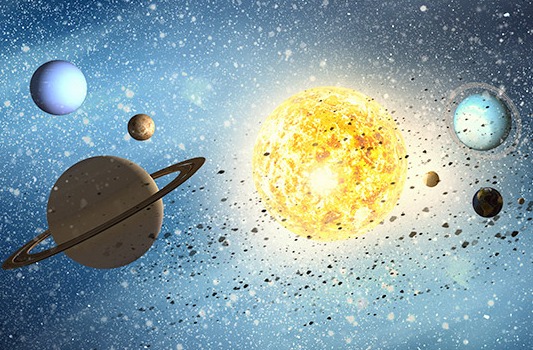
Investigating Astronomy
Investigating Astronomy is the first comprehensive astronomy textbook developed specifically for high school students. It covers all major topics typically found in an astronomy course and includes hands-on investigations and interactive tools that support meaningful learning. The book emphasizes scientific inquiry, guiding students to make claims, support them with evidence, and use reasoning to justify and refine their ideas.
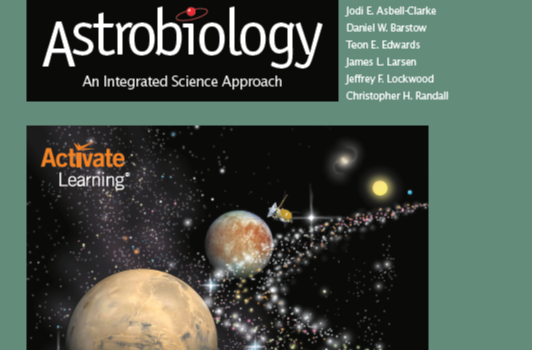
Astrobiology
Astrobiology is a full-year, truly interdisciplinary science curriculum that connects biology, chemistry, physics, astronomy, and Earth science with topics in sociology, ethics, and the psychology of human thought and behavior. Designed to spark curiosity and engagement, it offers an exciting and accessible entry point into high school science.


.jpg?width=2000&height=2000&name=MPACT%20Objects%20(1).jpg)
